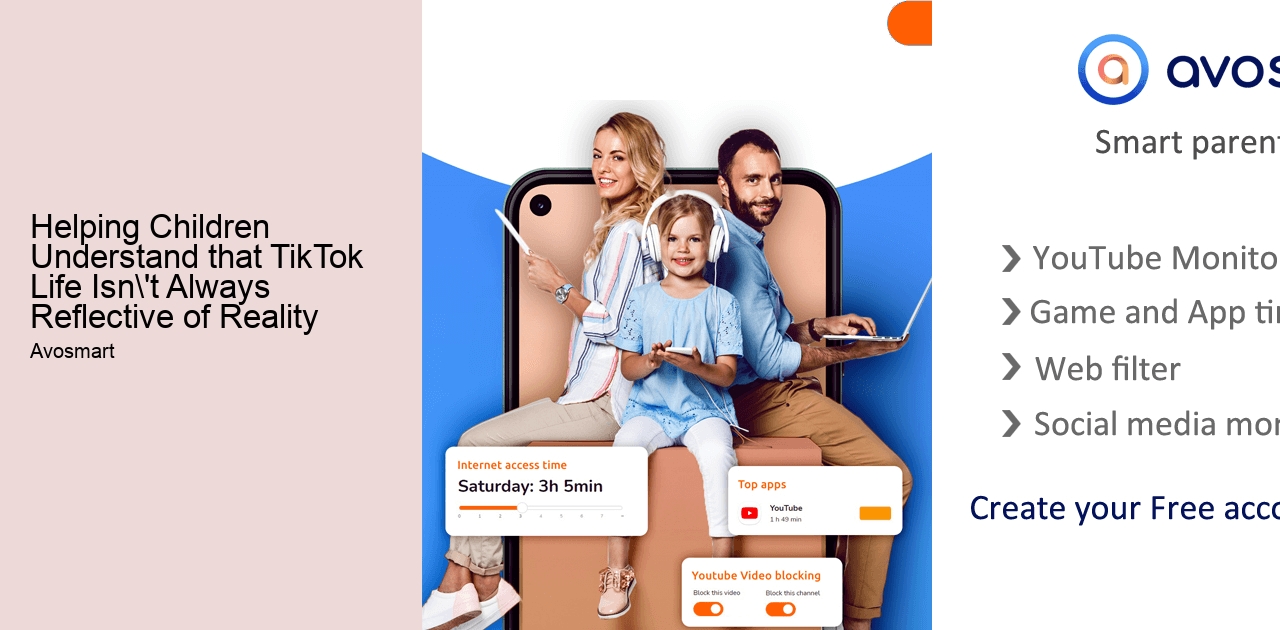
The Impact of TikTok on Children's Perception of Reality
Helping Children Understand that TikTok Life Isn't Always Reflective of Reality
TikTok has a significant impact on children's perception of reality. The platform's short videos, filters, and editing tools create a distorted version of reality, leading children to believe that life should be constantly entertaining and perfect. This can result in unrealistic expectations and a distorted view of themselves and others. Moreover, the constant exposure to curated content can lead to a lack of understanding of real-life challenges and difficulties. It is crucial for parents and educators to guide children in navigating social media platforms like TikTok and promote a healthy understanding of reality.


